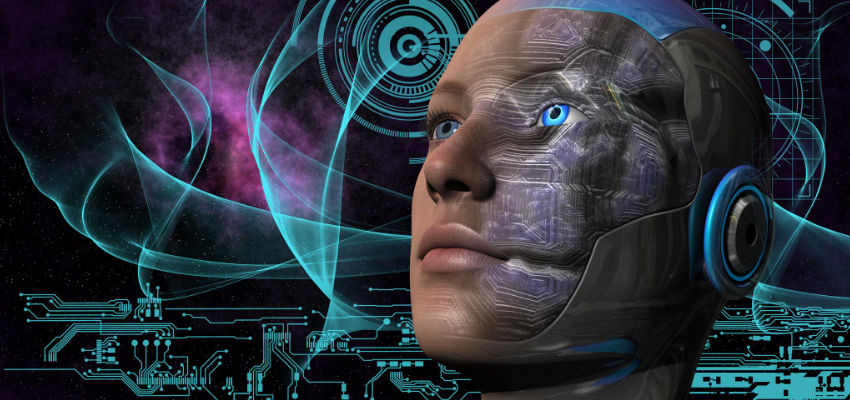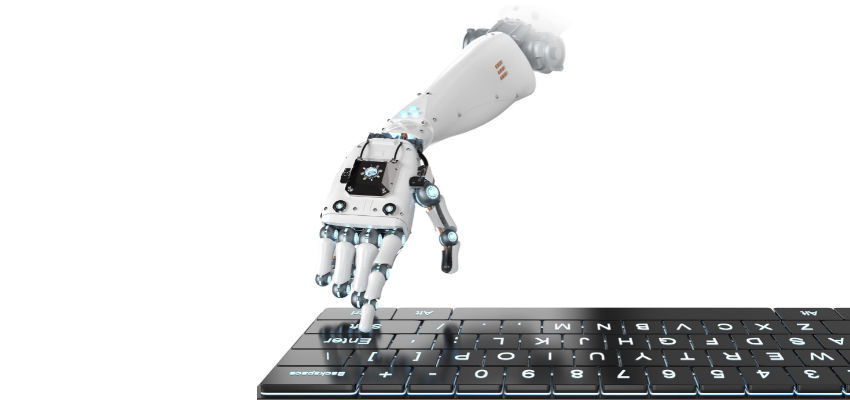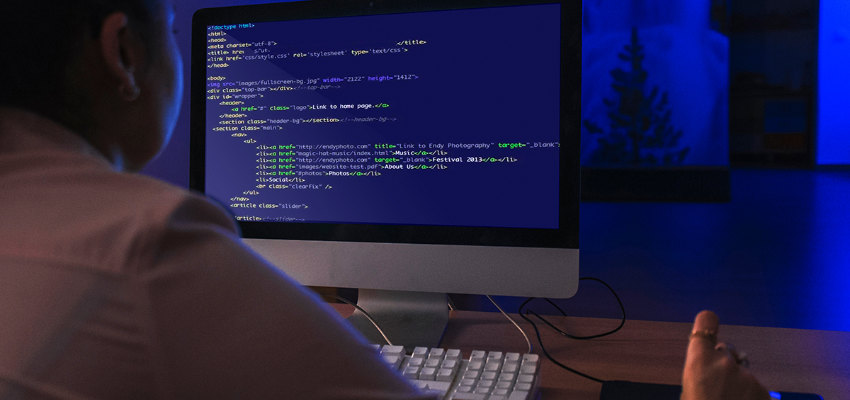Show:
Why Blockchain Games Can Reach Mass Adoption
Blockchain technology has been making waves across various industries, and its impact on the gaming world is no exception. As software development continues to evolve, blockchain game development emerges as a promising frontier, combining decentralized technology with interactive entertainment. The potential for blockchain games to reach mass adoption signifies not just a shift in gaming paradigms but also an evolution in how we perceive ownership, fairness, and community in gaming. This article delves into the intricacies of blockchain games, exploring their unique features, challenges, and opportunities within the software development landscape.

What are Blockchain Games?
Blockchain games are a fusion of gaming and blockchain technology, where game mechanics and assets are decentralized and often tokenized. Unlike traditional games where in-game assets are owned and controlled by the game developers, blockchain games empower players with true ownership of their in-game assets through non-fungible tokens (NFTs) or fungible tokens. This distinction is pivotal; it transforms in-game items into valuable digital assets that players can buy, sell, or trade outside of the game environment.
Moreover, blockchain games often utilize smart contracts to automate and enforce game rules, ensuring transparency and fairness. This blend of gaming and blockchain principles creates a new gaming experience, where players have more control, transparency, and economic freedom. As blockchain game development continues to evolve, we can expect even more innovative gameplay mechanics and economic models to emerge.
Advantages of Blockchain Games
Transparency and Immutability
Transparency is a cornerstone of blockchain technology, ensuring that game outcomes are fair and verifiable. Blockchain game development integrates this transparency by recording game actions on the blockchain, making it nearly impossible to alter or manipulate game results. This immutability instills trust among players, knowing that the game’s integrity is preserved.
Furthermore, the use of blockchain ensures that players truly own their in-game assets. Unlike traditional games where ownership is limited to the game’s ecosystem, blockchain games allow players to transfer or sell their assets securely, expanding the game’s economic possibilities.
Ownership and Control
Empowering players with ownership of their in-game assets revolutionizes the gaming economy. Blockchain games enable players to monetize their time and efforts by selling or trading valuable assets, creating a player-driven economy. Additionally, decentralized control means that game updates and changes can be community-driven, fostering a more collaborative development environment.
Interoperability
Interoperability is another advantage of blockchain games, allowing assets and characters to move across different games or platforms. This cross-game interaction enhances player engagement and expands the gaming universe, creating a more dynamic and interconnected gaming experience.
Challenges to Mass Adoption
User Experience (UX)
While blockchain games offer exciting possibilities, the user experience can be a barrier to mass adoption. Interacting with blockchain requires some level of technical proficiency, which may deter non-tech-savvy users. Slow transaction speeds and high fees can also hinder the gaming experience, leading to frustration and abandonment.
Lack of Awareness and Education
Despite the growing interest in blockchain technology, there is still a lack of awareness and understanding among potential users. Many people are unfamiliar with how blockchain games work or why they offer unique benefits. Educating the public about the advantages of blockchain games is crucial to overcoming this barrier.
Regulatory Environment
The regulatory landscape for blockchain games is still evolving, with different jurisdictions imposing varying regulations. Uncertainty surrounding legal compliance and potential regulatory changes can create challenges for blockchain game development, leading to hesitation among developers and investors.

Solutions and Innovations
- Improvements in Scalability and Speed
To address the scalability and speed issues, advancements like layer 2 solutions and off-chain transactions are being explored. These technologies aim to enhance transaction throughput and reduce fees, making blockchain games more accessible and enjoyable for users.
- Enhanced User Interfaces (UI)
Simplifying the user interface is crucial for improving the overall user experience. User-friendly interfaces that hide the complexities of blockchain interactions can make blockchain games more appealing to a broader audience.
- Community Building and Education
Community building and education initiatives can help raise awareness and foster a supportive ecosystem around blockchain games. Workshops, webinars, and tutorials can demystify blockchain technology, empowering more people to participate and contribute to the growing community.
Opportunities for Software Developers
- New Revenue Models
Blockchain games offer software developers new revenue models through tokenomics and in-game economies. Developers can earn from transaction fees, asset sales, or even create their tokens, providing additional monetization opportunities.
- Innovation and Creativity
The decentralized nature of blockchain games encourages developers to explore innovative game mechanics and narratives. Smart contracts can be used to create dynamic and interactive gameplay elements, pushing the boundaries of traditional game development.
- Collaboration and Open Source
Open-source development and collaboration are vital components of blockchain game development. Developers can build upon existing blockchain platforms, contribute to open-source projects, or even collaborate with other developers to create more engaging and robust games.
Blockchain games represent a paradigm shift in gaming, offering transparency, ownership, and interoperability that traditional games cannot match. While challenges to mass adoption exist, the software development community has the tools, creativity, and innovation to overcome them. Embracing blockchain game development presents exciting opportunities for developers to redefine gaming experiences and shape the future of interactive entertainment. As we continue to explore this frontier, collaboration, education, and community building will be key in driving mass adoption and unlocking the full potential of blockchain games.

 Return to Previous Page
Return to Previous Page








